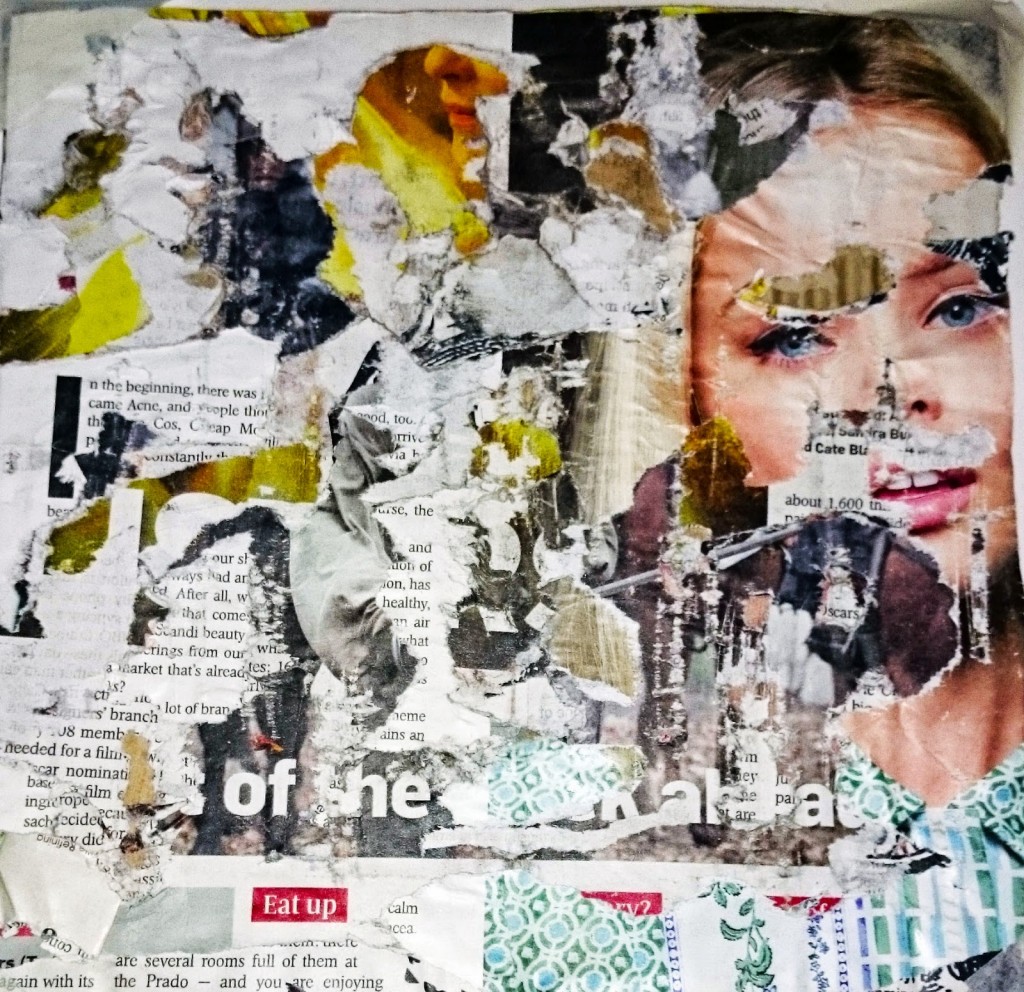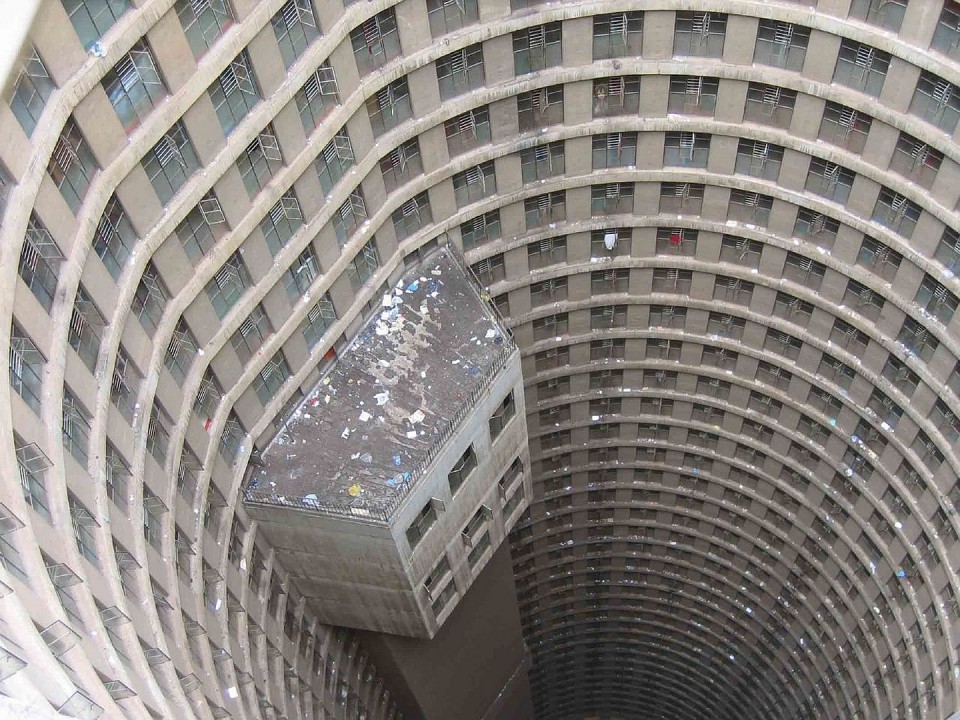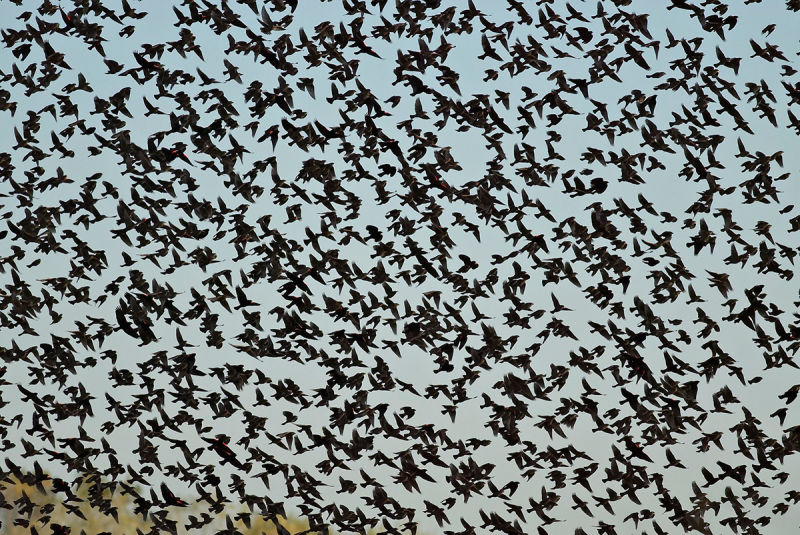Although 2019 has come to its close, we compiled a healthy serving of our Poetry released during the past year in one place for all to enjoy…

Thank you to all the poets we published and to all the ones who shared their deeply affecting words with us. Across The Margin would also like to send our heartfelt, profound gratitude to our (now former, and hopefully future) Poetry Editor Richard Roundy. Your talents awes us, and your work inspires us. And now, ATM Presents: The Year In Poetry, 2019:
TWO POEMS BY MEREDITH MCDONOUGH
These two poems by Meredith McDonough explore the ways in which divisive government actions can often collapse the distance between the separate self and the state: “I blur my lines…that’s how…I am the president and the jailbird.”

[As we look at this Wall, we do not want walls of any kind between peoples.]
Thousands scritched
the snow away
last night
with the laborious
un-calligraphy of brooms
so that I could I ride
like a witch
to the Wall
on the seamless tread
of car wheels
The cameras translators
statesman observers and I
climb the stairs
overwarm in our coats
At last pinioned
on the border
of what is
and what is not
I make a pinky promise
with the Wall
I solemnly swear
to revere the bones
sewn into your skirts
if you will let me unmake you
with a metaphor
The Wall repeats me
but backwards
the way a mirror would
see me
It is dismantling
us
We can’t tell if we are right
or left out
or if the unbroken howl
rises or sets
in our throats
With a playful gravity that directs our attention to the cosmic and mundane in equal measure, these poems by Dustin Renwick remind us that we live amidst lush and remarkable beauty…
Homemade
avoid the blackberry:
dissected with serifs
’til rhymes run purple
instead choose crimson bubbles
cooked, cooled, jammed, canned,
collided with peanut butter
until tentative tinkling scrapes
of the last glass jar labeled
Red Raspberry
eaten as snow spreads
across the brambles’ thorny knives
allow me to understand Camus
and his invincible summer,
at least in my stomach
Reading these poems by David Dodd Lee is to enter a world that is both comfortingly familiar and disconcertingly strange. That is, to read them is to (re) enter the world where the “far-faraway [has] become suddenly personal” and the dream-like quality of experience is all we have to help us on our way…
THE OVERLAY
(after Joe Bolton’s “Days of Summers Gone”)
If mangle’s an okay cup of desperation for what simply repeats itself,
it’s been a rough road to grind;
this getting a bit out front of everything only to look back
at the dark explosions where there was never any comfort,
this one way to harangue the truth into view—
the truth or everyone and everybody’s brothers’ and sisters’
misperceptions of the truth;
like when I was looking at a cereal box after many years
of not noticing cereal, itself or containers of same,
and so thought to myself
I’m eating at the behest of a cartoon
character, which reminds me that children love monkeys
but that I don’t especially like monkeys very much;
and the next thing you know I’m at the Potawatomi Zoo
in South Bend, Indiana, watching a squirrel monkey
shake its wizened, worried face. And it’s very disconcerting.
Because it looks like my mother wearing a bonnet, for one thing.
She’d sometimes float into my room shouldering her many concerns,
the centipedes on the walls doing The Wave as if to encourage her,
their legs moving like too many hands opening their fingers.
Where the boat rested the water was now all churned up,
and the crazy misapplied lipstick made a mess of her lips;
then her head would align with the face of the moon outside the window,
and in a voice like wood or rocks, both of them
would begin speaking. I considered the possibility that the moon
was simply my father and that they were arguing again—
he was the “man in the moon”—
but also at certain moments I was aware that one or the other
of their rather over-lit faces hovered just under the surface
of the silver water that was the bathroom mirror—
and that at certain points their two faces would seem to merge in the mirror
and get stuck there, vibrating on top of one another—
like the moon and my mother’s face were the same side of a coin—
and it was nearly impossible to tell them apart, dust from the plaster of the ceiling falling down
in the hallway, their mouths still moving but now with nothing coming out . . .
Late into the night one might commandeer to check and see if the mirror were empty
but the one large superimposed face had simply become trapped inside the bedroom . . .
I’d see flashes of color against windows and in doorways
because the voices, though silent, had suddenly turned visible;
you could feel and see what was said like someone coming up the driveway on fire.
I would sometimes sink into the water then—I would will this to happen—
where large gars were huddled around my bed, finning. And I think of that ice-cold
surround now, as I watch through glass the face of this creature—so much
like a tiny human—how its features have exploded into frenzy like some lost planet
turned meteorite, as if such a transcription were ordinary, the far-faraway become suddenly
personal, because that’s exactly what’s happening in the face of this scowling primate
in what is purportedly now just the present, where what remains of the past
is simply an absence collapsing in on itself in space, if not memory.
THREE POEMS BY JESSICA FISCHOFF
These poems by Jessica Fischoff capture fragments of experience as they rush by, changing and transforming before our eyes: “…Blue/ is red is a pointed rooftop is the undefined/ gradation of smoke is thinned air…” Their wisdom is that in doing so, they transport us to the center of stillness, which is love: “the world brings us back to the space where ice/ is art and art is you reaching for my hand…”

These poems are part of a selection set that appear in ATM Publishing’s release: The Desperate Measure of Undoing by Jessica Fischoff.
The Desperate Measure of Undoing explores the feminine through mythology’s influence on the contemporary world. This collection of poems examines how the stories and truths of ancient women resonate today, and how the human condition, as a whole, is rooted in a timelessness beyond the confines of any era.
The 4th of July in July
Three mushrooms later on the 4th of July
and the fireworks are a diagram to live by. Blue
is red is a pointed rooftop is the undefined
gradation of smoke is thinned air,
traceless breaths and the sun
tried to stay awake to wish you
Happy Birthday, America, but you were late. Our skin stuck
the rotted railing, and a walk around the block
just brought us back to where we started.
We should have been inside
in this forlorn heat, not the back alley
of South Pacific Avenue,
a naked Christmas tree wedged into a rusty dumpster,
as dead and brittle as the bones of our forefathers,
the asphalt paved in potholes and
the freedom to avoid them. But,
in the melting haze, I swear that you smiled
like none of it mattered, and that
was enough.
Weaving together elements of fairytale and myth with elliptic narratives of family life and the psychological distress the quotidian brings us all, these haunting poems by Christine Hamm offer the reader a new way to read their own story: “You may think this is a metaphor, but/ it is the opposite.”
The Red Cap
1. My dad is frightened of getting caught or my grandmother coming back.
When I told my father I wanted a red sweater this Christmas, he shrieked.
Red is too girly, my parents say. I don’t say, but I am a girl. They ignore
what happened after I turned from girl to girl/wolf, after they locked me in
a cage under my bed for twelve years, dipping me headfirst into the river
for hours, sometimes weeks.
2. My mother and father forward emails demonstrating how even the word
girl is sour, sticky. Red disgusts them, makes their hands feel unclean. They
also fear bank cards being eaten by the ATM and the spaces planes cut
in the clouds. Sometimes they mutter about a woodsman, and leave plates
of roast beef and fresh corn out for him on the deck, hoping he’ll stay outside.
3. On the phone, my mother tells me she is not scared of my father. I hum
as I remember the 911 when he slammed her against a wall, against a door,
took a sword to her hair. The things she yelped as his teeth were in her face.
There is the path of needles, and the path of pins. My mother says she is not
scared of my father “anymore.”
4. My parents imagine deer smashing the glass doors and entering the house.
They are scared of this poem, and the ones that come after. They worry
about teenage girls with crooked mouths refilling their coffee cups, and
what’s really in that coffee. As they walk the poodle to the mailbox and
back, they fear what’s shadowing them, something that looks coyote or corpse.
Using the reoccurring images of fire and smoke, these two poems by Clyde Kessler return us to the ephemeral, elemental nature of our dream-like existence whose only constant is change, the morphing of one reality into another: “Soldiers kept laughing because they were spacemen/ immune to space. The poet confessed the same/ to all of us. Landing on another world was smoke.”
SMOKE
One night a poet confessed being buried
was chimney smoke. He told me oil lamps
stole the fire, and the casket gullied the room
into a family. The scene was old-fashioned
like my words and my silence. There was
one window and it only reached a spider’s eyes.
It might have happened in Virginia, 1890.
Or it might have been a thousand winters ago
in orbit around Mercury, fire in the clothing
that a ghost wrestles from its body. The planet
squeezed my house down against the landing site.
Soldiers kept laughing because they were spacemen
immune to space. The poet confessed the same
to all of us. Landing on another world was smoke.
These two poems by Auden Eagerton situate the trauma of dysfunctional family life in the natural world, which works as metaphor and backdrop for the most haunting aspect of such harrowing experiences: their attempted erasure. Or as the poet writes “Tilling the carpet, forgetting the roots, my mother/ plays dress-up with the roses, pretends them into tulips./ The carpet has always been this way, baby-soft and muted.”

Confederate Roses, Jersey Tulips
My mother planted three droplets in the carpet.
The birthdays blur—did they sprout in May,
or August, or on the Fourth of July?
They sprang from death, the prayer of it, shoveled
out and splayed like that on the floor, little “miracles.”
Axed heartbeats against living spatter.
The crop of it all blooming in front of her, swollen.
As if anything else could come of so much blood.
This is what it is to be open wound,
shaking white in the haunting left in the morning;
flushed from holding stung air in place;
inevitable dripping.
Scab. Blossom. Repeat.
Tilling the carpet, forgetting the roots, my mother
plays dress-up with the roses, pretends them into tulips.
The carpet has always been this way, baby-soft and muted.
These poems by Suzanne Stein proceed at the velocity of thought and include commands to the reader, memories and ruminations, quotations, ideas about keeping comfortable no matter the weather, insights and axioms that all but unravel upon careful consideration, and thoughts about pragmatic considerations such as lunch, all of which constellate around a central concern: Is all this language what we take as a “self,” or as the poet puts it: “No one. Why should you or I be anyone.”

April 13
The emptiness of momentum.
Stop feeling the ugliness of a place long enough for the beauty of it to come through.
A headache hex.
Nix the pastiche in favor of—
Systems.
Break systems
Systematically
To favor pastiche.
Google “pastiche”.
Set boundaries for headaches to pain by.
Set the tone.
Re-set the system.
Destroy all monsters.
Resuscitate them.
We’re even.
Through the character of an early 20th century Dutch immigrant, these poems by Carolyn Guinzio explore the disorientation that accompanies living in a place where one doesn’t speak the language. Guinzio’s approach recalls Michelangelo’s famous quote about sculpture: “Every block of stone has a statue inside it, and it is the task of the sculptor to discover it.” That is, they chisel down narrative to its bare essentials, immersing the reader in the fragmented, almost cubistic reality of the characters, so that we not only read about their experiences, we live through them.
From The Strange History of Jenny and the Wisp…
IS VISION
Jutting jack
tucked
under hollow
hanging on plaster
wall. Land mine
wire snipped
walking through
web strand
get it off me
unknown crawler
Jenny Mentink
limping again
apron under eyes
dusty Laramie
from Nether-
lands penciled
on manifest
break through
webs over road
fiber working
night over night
make it known
THREE POEMS BY RODGER KAMENETZ
Rodger Kamenetz writes a poetry of wild juxtaposition in which the unlikely commingle, promising but never truly finding meaningful connection: “Every song promises salvation from the old time religion of youth…” but “[i]f you leave the house with only a penny don’t count on painted footsteps to Broadway.” These three poems find their voice in the moments when our story almost comes together, but then unravels before we can understand our own meaning: “Did that prove the futility of natural logic or was it a sample of night? I wonder. I wonder and wonder.”

THE M BUS
If you leave the house with only a penny don’t count on painted footsteps to Broadway. There’s a stubborn crop of no’s between you and the footlights and your dancing looks desperate. Toes break like tulip stalks in the hot applause. I was waiting for a bus while philosophizing. The M never came. Did that prove the futility of natural logic or was it a sample of night? I wonder. I wonder and wonder. I’m not getting any older. There seems to be a problem with the time machine. The penny wore a hole in my jeans with its copper ridges and fell out on 42nd street to the amusement of monkeys. They call it Times Square but I call it time’s circle. I keep meeting myself leaving the theater younger and younger. When I see me I dare not say a word. There are poems in that silence I never waste on commonplaces. That is my philosophy ladies and gentlemen. I worked hard on it waiting for a bus.
Stay Tune for more deeply affecting and innovative Poetry from Across The Margin in 2020!





